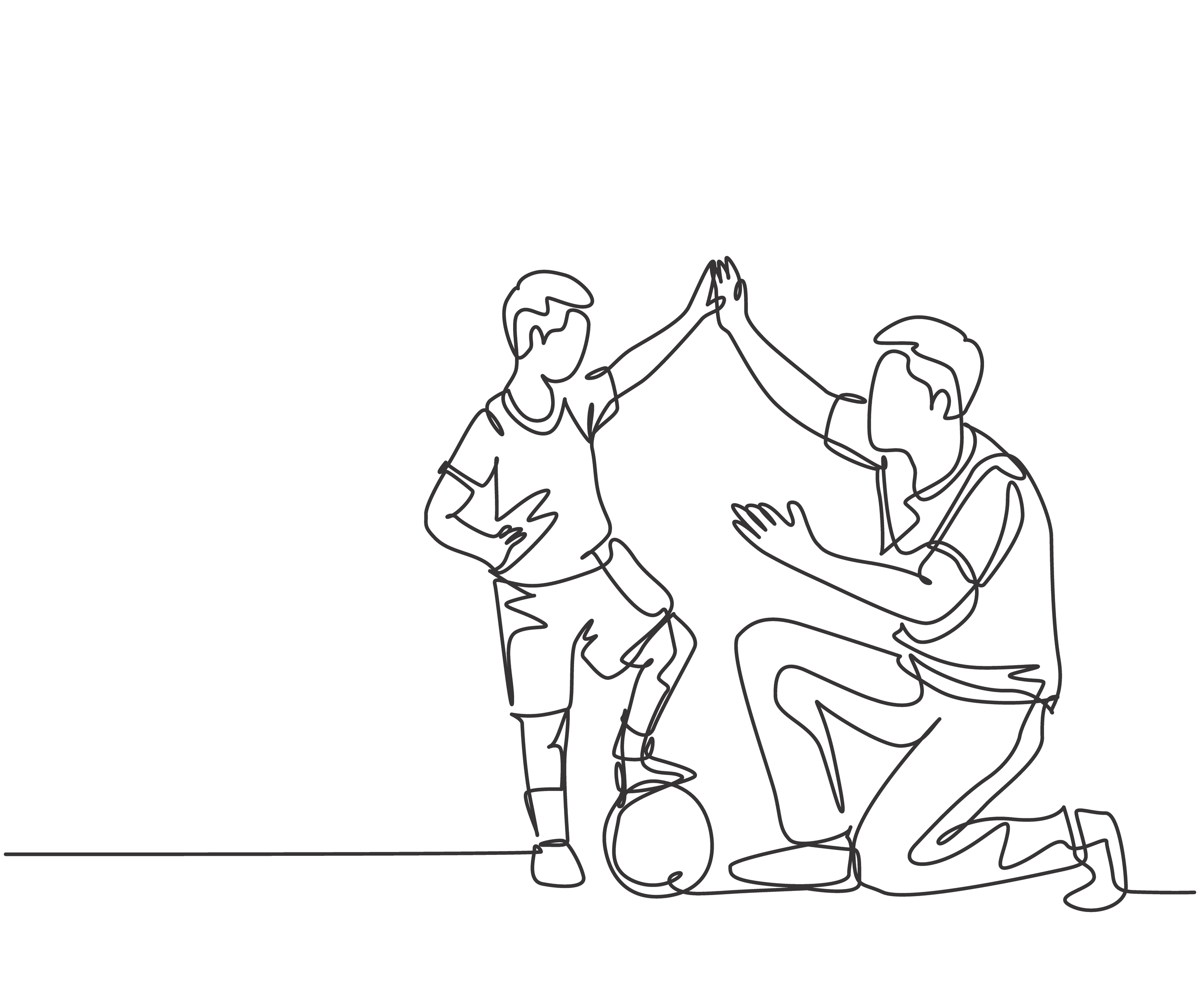Understanding the Link Between Anxiety and Sensory Processing Challenges
Author: DrSensory
April 29, 2025
Understanding the Link Between Anxiety and Sensory Processing Challenges
How are anxiety and sensory processing challenges related, especially in children? Many parents and professionals notice that children with Sensory Processing Disorder (SPD) commonly experience heightened anxiety. But understanding why this happens and, more importantly, how to help, can sometimes feel overwhelming. This guide is designed for parents, educators, therapists, and anyone supporting children with sensory needs. Here, you’ll gain practical strategies, up-to-date insights, and trusted resources to better support kids facing both SPD and anxiety.
What You’ll Learn:
- What Sensory Processing Disorder is and why it matters
- The real connection between SPD and anxiety
- Practical strategies to help children manage anxiety linked to sensory challenges
- The essential role of therapy (OT, PT, Speech)
- Real-life stories, resources, and how to find a therapist or clinic near you

What Is Sensory Processing Disorder?
Sensory Processing Disorder (SPD) is a neurological condition where the brain has trouble receiving and responding to information from the senses. Children with SPD might be over-responsive or under-responsive to sensory input (like loud sounds, bright lights, textures, or movement). These sensory differences can influence how children act, learn, and feel on a daily basis.
Common Symptoms of SPD
- Sensitivity to clothing textures, tags, or seams
- Extreme reactions to loud noises or bright lighting
- Avoidance or craving of certain tastes, smells, or touches
- Difficulty with fine or gross motor tasks (e.g., buttoning shirts, riding bikes)
- Trouble transitioning from one activity to another
- Mood swings or sudden outbursts in response to overwhelming sensory environments
Breaking Myths About SPD
Many misconceptions surround SPD. It’s important to address them to foster understanding and support:
- Myth: SPD is just “being picky” or “seeking attention.”
Fact: SPD reflects genuine neurological differences that affect how sensory information is processed.
- Myth: Children with SPD are intentionally misbehaving.
Fact: These behaviors often signal a child is overwhelmed, not misbehaving on purpose.
- Myth: SPD is something children simply “grow out of.”
Fact: Without intervention, SPD can persist into adolescence and adulthood.
- Myth: Only children are affected.
Fact: SPD can impact people of all ages.
“It’s crucial to recognize that sensory processing differences are not behavioral issues, but neurological differences that require understanding and support.”
– Dr. Eva Lassey PT, DPT, SPD Specialist
The Connection Between SPD and Anxiety
Sensory processing challenges and anxiety often go hand-in-hand. Many children with SPD struggle to cope when everyday experiences feel unpredictable or out of control to their nervous system.
How Sensory Sensitivities Trigger Anxiety
Imagine a child startled by a school bell, overwhelmed by a crowded lunchroom, or distraught over the texture of their socks. These triggers are more than mere annoyances for kids with SPD; they can be genuine sources of stress and anxiety.
“Sensory processing challenges can significantly impact a child’s emotional regulation, leading to increased anxiety.“
– Dr. Lucy Miller
The Nervous System’s Role
The nervous system is the powerhouse managing both sensory input and emotional reactions. For children with SPD, their “fight or flight” response is triggered by what others might consider harmless sensory input. Over time, repeated exposure to overwhelming sensory stimuli can lead to chronic anxiety.
Data on SPD and Anxiety
- Studies estimate that up to 40–60% of children with SPD also experience significant anxiety symptoms.
- Compared to typically developing peers, children with SPD are more likely to be diagnosed with anxiety disorders.
The Real-World Impact
Without support, these children may avoid social situations, struggle in the classroom, or develop low self-esteem, compounding both sensory and emotional challenges.

Practical Strategies for Managing Anxiety Related to SPD
Understanding the relationship between sensory processing and anxiety is only useful if it leads to action. Here are proven, expert-backed strategies for parents, teachers, and therapists:
1. Create a Sensory-Friendly Environment
A calming environment can make all the difference. Think cozy nooks, soft lighting, gentle sounds, and clear organization of spaces both at home and in the classroom.
“Creating a sensory-friendly environment can reduce anxiety triggers and promote a sense of safety for children with SPD.“
– Dr. Eva Lassey PT, DPT
Tips for Home and Classroom
- Use noise-canceling headphones for loud events.
- Provide weighted blankets or vests for calming deep pressure.
- Allow fidget toys or quiet manipulatives during learning.
- Incorporate soft fabrics, dimmable lights, and predictable routines.
- Post visual schedules to increase predictability.
2. Sensory Diets Explained
A “sensory diet” is a personalized activity plan designed to give a child the sensory input they need to stay focused and regulated throughout the day. This can include movement breaks, deep-pressure activities, or calming breathing exercises.
“Addressing sensory sensitivities through targeted therapy can improve a child’s ability to cope with anxiety-provoking situations.”
– Carol Kranowitz, author of “The Out-of-Sync Child.”
Sensory Diet Ideas
- Mini-trampoline time
- Brushing protocols (under guidance)
- Swings or rocking chairs
- Playdough squeezing
- Joint compressions
- Scheduled movement breaks
- Chewy necklaces or crunchy snacks for oral seekers
Consult with a pediatric occupational therapist to create a sensory diet tailored to your child’s needs.
3. Mindfulness and Relaxation
Teach children to recognize anxiety signals in their body and practice calming techniques. Mindfulness helps them “reset” after a sensory overload.
- Deep breathing exercises
- Guided imagery (imagining a favorite calm place)
- Short, simple meditations
- Progressive muscle relaxation
4. Support Communication & Emotional Expression
Help children name and express their feelings. Use tools like:
- Feelings charts and visuals
- Social stories to rehearse tricky situations
- Encouraging open dialogue about sensory triggers and worries
- Praise for expressing needs instead of melting down
Building this communication increases self-advocacy and emotional resilience.
The Role of Therapy for Kids with SPD and Anxiety
Professional therapy makes a dramatic difference for children struggling with both sensory and anxiety challenges. Here’s how:
Occupational Therapy (OT)
OTs specialize in sensory integration therapy, which retrains the brain’s responses to sensory input.
- Sensory Integration Therapy uses play and controlled sensory activities to gradually build tolerance and flexibility around sensory triggers.
Physical Therapy (PT)
PT focuses on motor development and coordination. For kids with SPD, PT can improve proprioception (body awareness), reduce movement-related anxiety, and increase confidence.
Speech Therapy
Children with SPD may also have difficulty with expressive and receptive language, especially when anxious. Speech therapists support these needs and teach emotional vocabulary.
The Importance of Early Intervention and Diagnosis
Early identification and therapy are linked to the best outcomes.
“Early recognition of sensory processing differences and timely intervention empowers children and families with knowledge and tools for lifelong success.”
– Dr. Eva Lassey PT, DPT
How to Find a Therapist
- Ask your child’s pediatrician for a referral
- Use the DrSensory Therapist Database to find a local expert in pediatric occupational therapy, pediatric physical therapy, or pediatric speech therapy
- Visit the DrSensory Clinic Directory for a list of therapy clinics near you
Real-Life Stories and Case Studies
Case 1:
A 7-year-old girl with SPD and high anxiety around school noises started using noise-canceling headphones and took movement breaks throughout the day. With her classroom teacher’s support, her anxiety lessened, she stayed in class more often, and her academic confidence soared.
Case 2:
An 8-year-old boy who refused to wear “itchy” clothes benefited from deep-pressure therapy and parent education about appropriate clothing materials. This reduced morning battles and empowered him to dress independently.
Case 3:
A preschooler with difficulties expressing frustrations learned to use a “feelings card” system in speech therapy, reducing tantrums and improving peer friendships.
All cases underscore a key idea: When children receive support tailored to their sensory and emotional needs, real progress is possible.
Additional Resources and Support
For those eager to take the next step, an abundance of helpful resources is available:
Recommended Books
- The Out-of-Sync Child by Carol Kranowitz
- Sensational Kids by Dr. Lucy Miller
Websites and Organizations
- DrSensory: Comprehensive guides and a directory to find a therapist or clinic
- DrSensory Therapist Database
Search for certified occupational therapists, physical therapists, and speech therapists with experience in Sensory Processing Disorder and anxiety in children.
Locate pediatric therapy clinics specializing in sensory integration therapy, pediatric physical therapy, and pediatric speech therapy.
Supporting Children with SPD and Anxiety
Supporting a child with sensory processing challenges and anxiety requires patience, education, and a willingness to seek professional help. By fostering understanding, creating supportive environments, and seeking evidence-based interventions, parents, educators, and therapists can dramatically improve the daily lives of these children.
The key to success? Early identification, open communication, and ongoing support.
If you want to learn more about evidence-based strategies or need personalized help, visit the DrSensory Therapist Database or Clinic Directory to find a therapist or therapy clinic near you. Every step you take is a powerful investment in your child’s happiness and well-being.
related blogs
Separation anxiety can feel overwhelming—for both children and parents. For families of children with special needs, the challenges can become
Separation anxiety can be tough on any child, but for children with special needs, it often goes hand in hand
Picture this scene: You’ve finally gotten your baby into a comfortable sleep routine. Nights are restful, naps are scheduled, and
Sleep regressions can feel like an uphill battle for parents. One moment your baby is sleeping soundly, and the next,
Sleep regressions are a temporary yet challenging phase many parents encounter as their babies and toddlers grow. Understanding the approximate










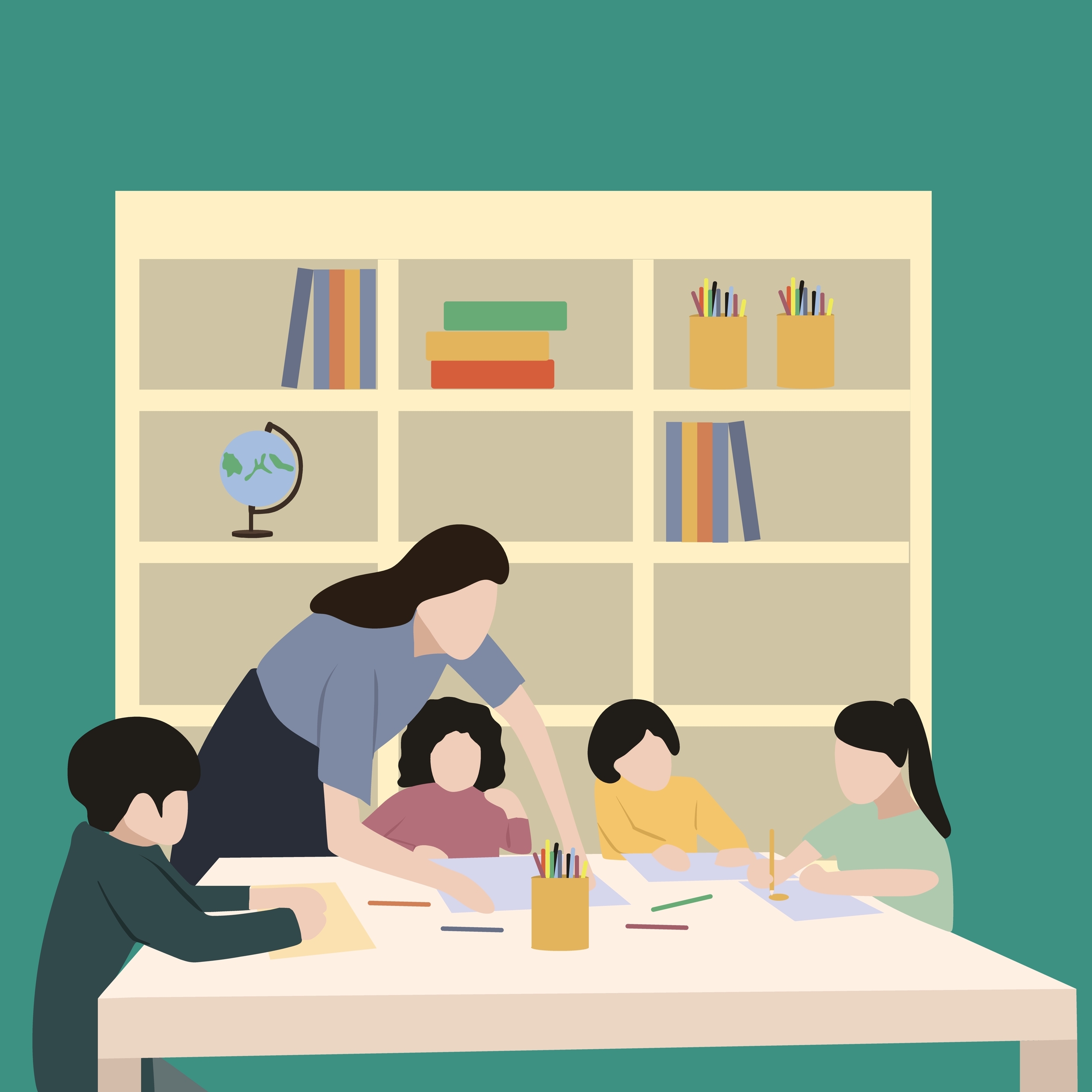







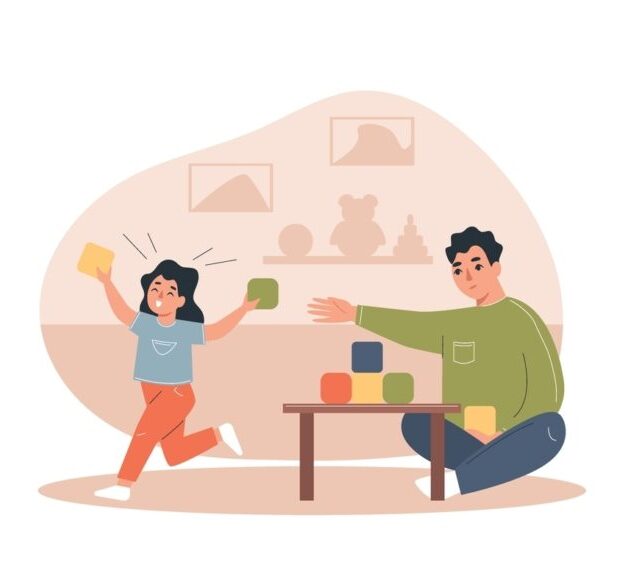



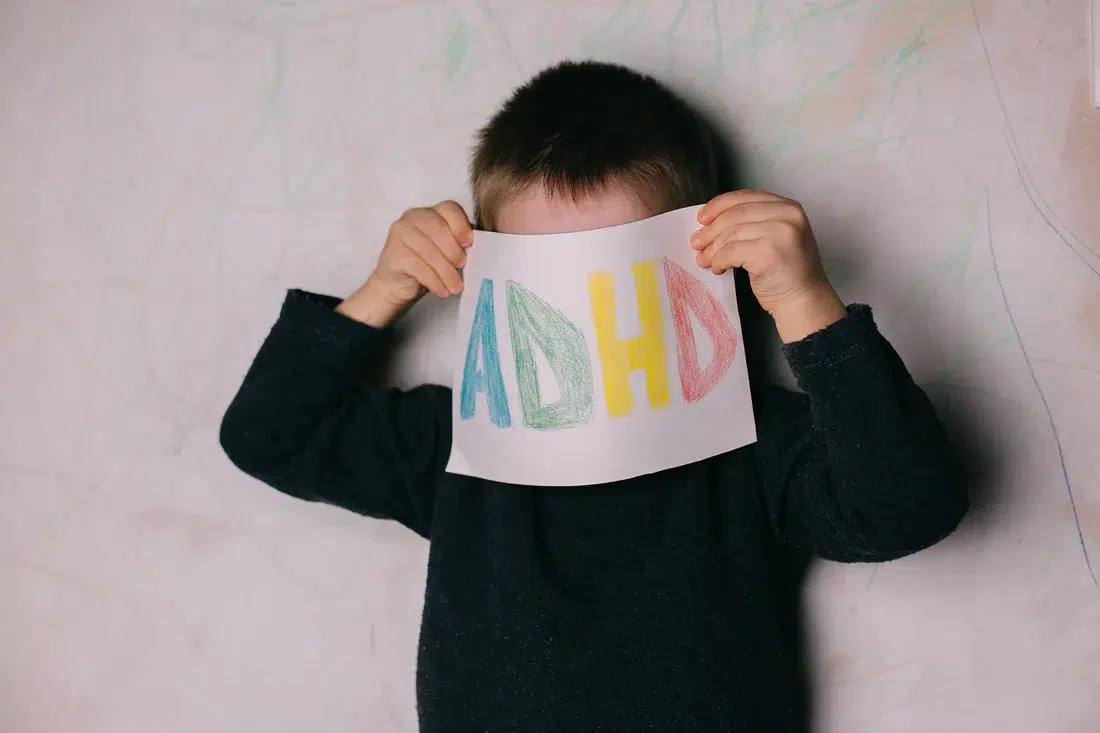




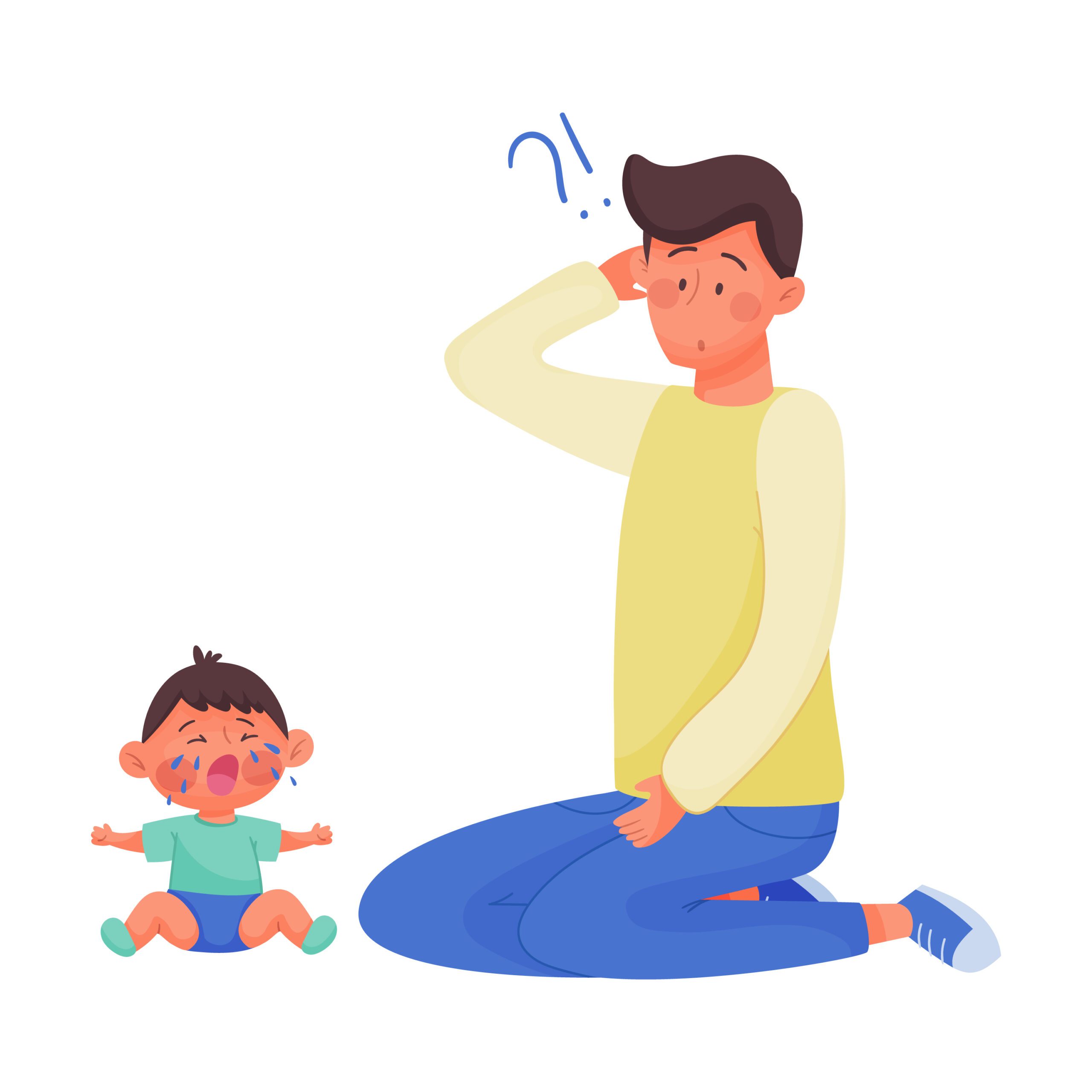
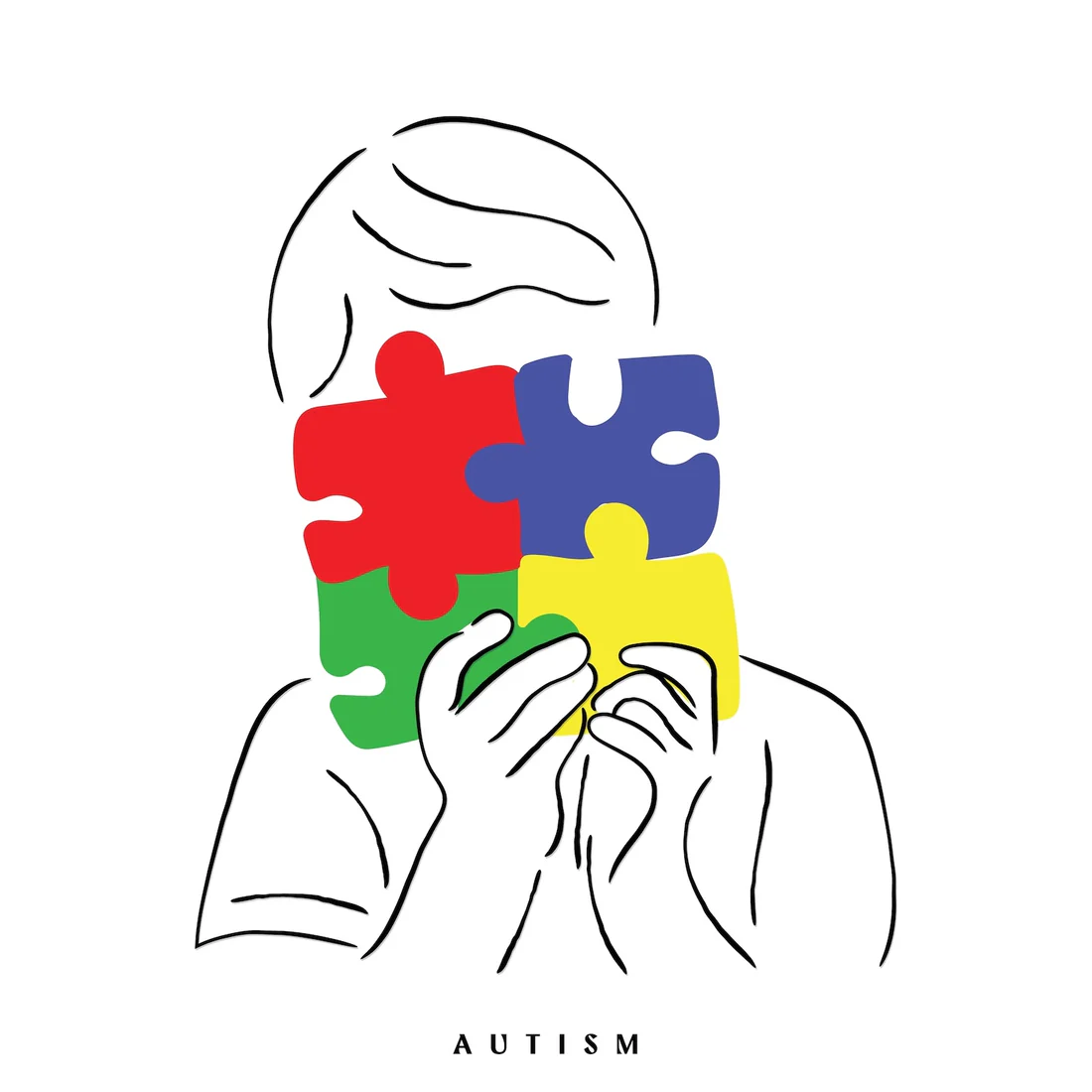
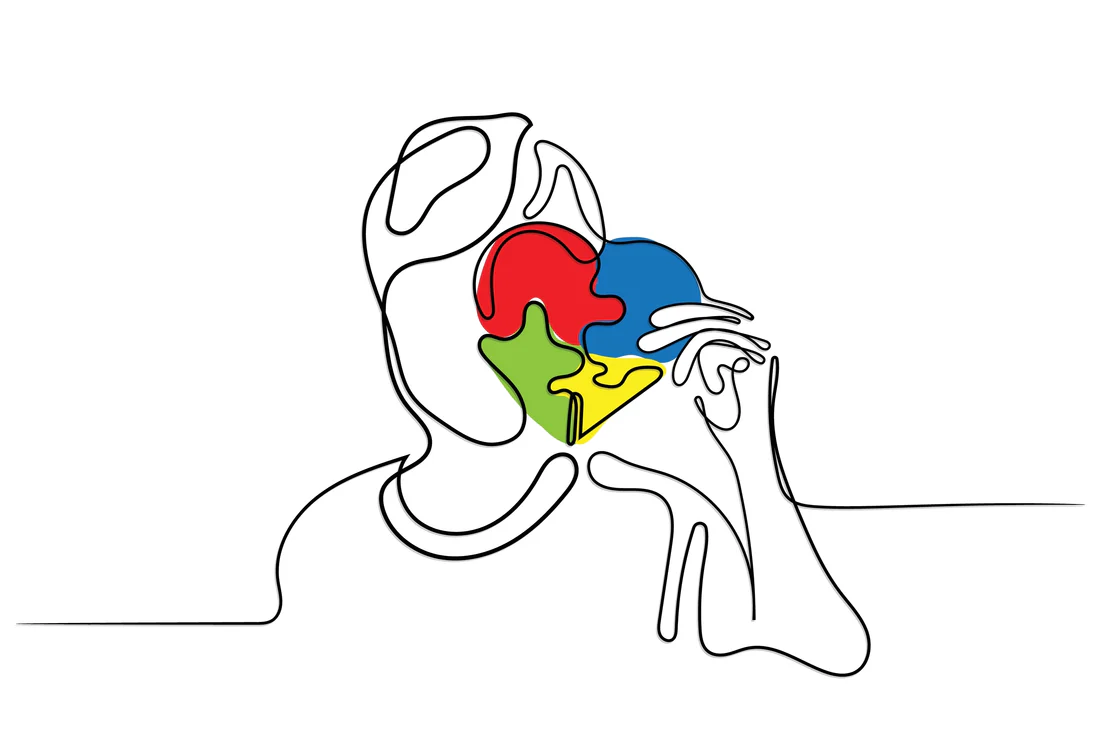










 Speech Therapy
Speech Therapy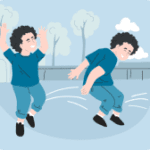 Physical Therapy
Physical Therapy Occupational Therapy
Occupational Therapy



